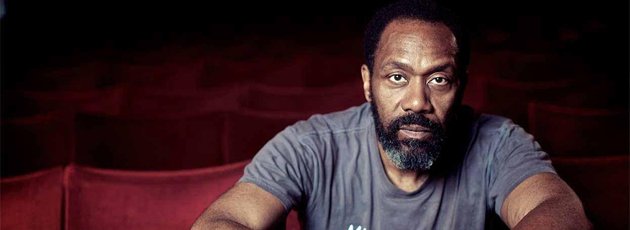- Home
- News & Blogs
- About Us
- What We Do
- Our Communities
- Info Centre
- Press
- Contact
- Archive 2019
- 2015 Elections: 11 new BME MP’s make history
- 70th Anniversary of the Partition of India
- Black Church Manifesto Questionnaire
- Brett Bailey: Exhibit B
- Briefing Paper: Ethnic Minorities in Politics and Public Life
- Civil Rights Leader Ratna Lachman dies
- ELLE Magazine: Young, Gifted, and Black
- External Jobs
- FeaturedVideo
- FeaturedVideo
- FeaturedVideo
- Gary Younge Book Sale
- George Osborne's budget increases racial disadvantage
- Goldsmiths Students' Union External Trustee
- International Commissioners condemn the appalling murder of Tyre Nichols
- Iqbal Wahhab OBE empowers Togo prisoners
- Job Vacancy: Head of Campaigns and Communications
- Media and Public Relations Officer for Jean Lambert MEP (full-time)
- Number 10 statement - race disparity unit
- Pathway to Success 2022
- Please donate £10 or more
- Rashan Charles had no Illegal Drugs
- Serena Williams: Black women should demand equal pay
- Thank you for your donation
- The Colour of Power 2021
- The Power of Poetry
- The UK election voter registration countdown begins now
- Volunteering roles at Community Alliance Lewisham (CAL)
Sir Lenny Henry Calling for Diversity
Sir Lenny Henry - actor, writer and broadcaster, is campaigning for improving black, Asian and minority ethnic (BAME) representation in the television industry. Henry said a change is needed to address the lack of BAME representation on TV; a change that should be included in the 2016 BBC Charter renewal.
Speaking at a debate at Goldsmiths University, Henry called for money in the form of ‘catalyst funds’. He explained to the audience that: “the ‘catalyst fund’ would be overseen by specialist ‘catalyst commissioners’ who would be responsible for spreading diversity throughout the industry”.
Speaking on how it would work, he proposed:
For example, for a production to qualify itself as ‘diverse’ it would need to meet criteria: the number of on-screen BAME talent, the number of BAME senior production staff and the general ‘staff spend’ on BAME talent. If the programme hits two of these criteria it would qualify for this money.”
While talking to the audience, Henry said most diversity initiatives today were focused on more training, meaning “we are not good enough”. Experienced director of the acclaimed movie Kidulthood, Menhaj Huda, has spoken on the barriers that exist in the industry. Huda, Bangladesh-born, said to UK Television:Adjusting the Colour Balance:
Sustaining a career for any director is difficult enough, but when the perception of BAME directors is that they are less able, less experienced and less competent, it becomes virtually impossible, regardless of talent”.
Bev Skeggs, professor of sociology at Goldsmiths and Dawn Foster, writer on politics, social affairs and economics at The Guardian were amongst those that took part in this debate. In addition, Lord Puttnam and Pat Younge, MD of Sugar Films and former BBC chief creative officer were also in attendance.
In the UK, 12.5% of the population is from a non-white background, BAME representation in the creative industries fell from 6.7% in 2009 to 5.4% in 2012, according to Creative Skillset. Sir Lenny Henry is calling for a revolutionary change that will transform television history forever.
Briana Bell
